One of the most conceived essential feature of the Constitutions of India and Germany, is namely, federalism, illuminated by the competing traditions, devised by the founding fathers, developed by the growth of constitutional politics, compared with the developments aftermath the World War II as well as decolonization giving rise to a new constitutional culture, viz., constitutional democracy impregnated with federalism, enriched by the judicial decisions, and analysing the new ideas as well as paradigms as conceivable new challenges to federalism in quest of future directions. From the study of areas of tensions/conflicts/irritants/frictions in Centre-State relations, it discerns that deferral disputes, alike constitutional disputes, are always political disputes and therein lies the problematic nature of conflicts/irritants/tensions/frictions in the whole of Centre-State relations. Therefore, new challenges to federalism are the basis for comparative study of new tensions/conflicts/irritants/ frictions; new challenges are the base point of an indepth inquisitive of modern federalism which is seen as a need to stress the dynamics of flexibility and adaptability. Today, the distinction between centralised and decentralised can only be a starting point of comparison stereotyped. This study helps to understand comparatively the "federal spirit", "federal behaviour" of the systems to developing the annals of co-operative inter-Governmental Centre-State relations realistically aiming at rendering services to mankind in general and weaker segments of society in particular.
Moot Court and Mock Trials: Art to and Art of Advocacy: Essentials of Court Craft
The traditional system of ...
$36.00
$40.00


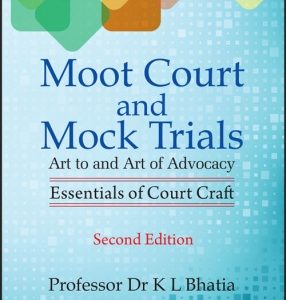
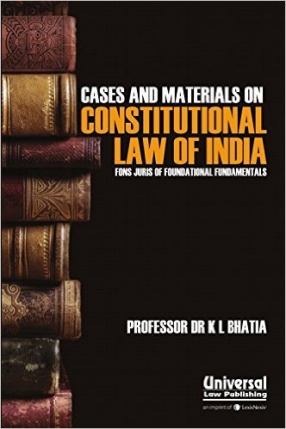
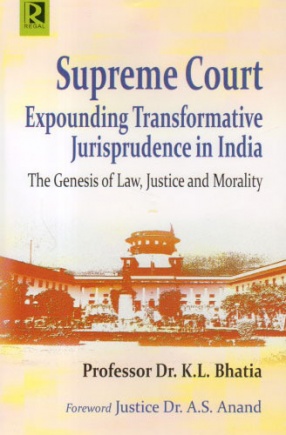
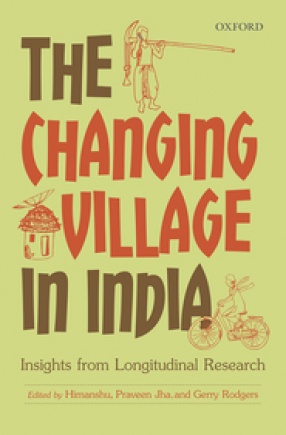
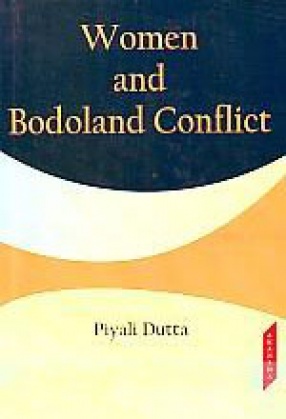

There are no reviews yet.